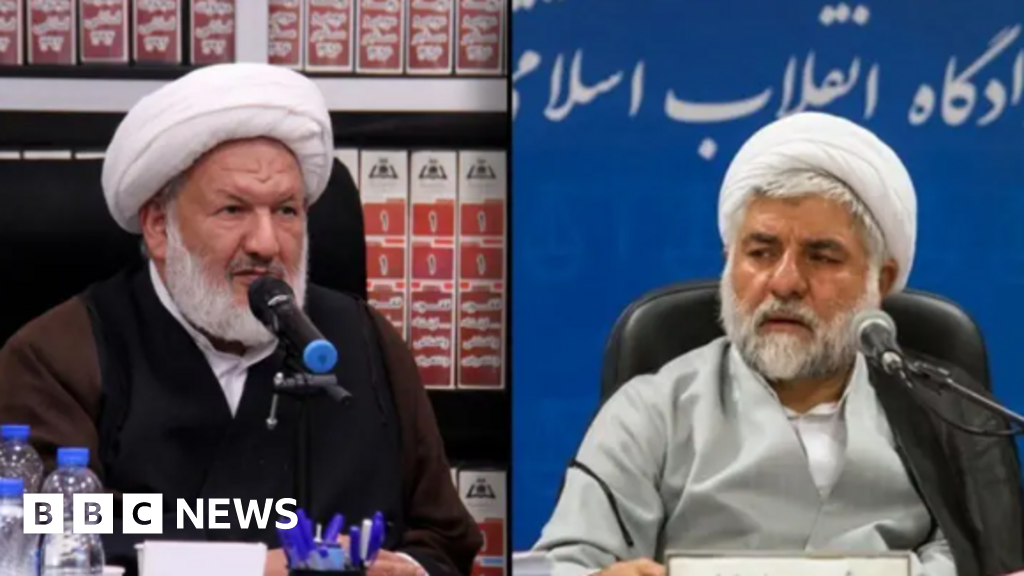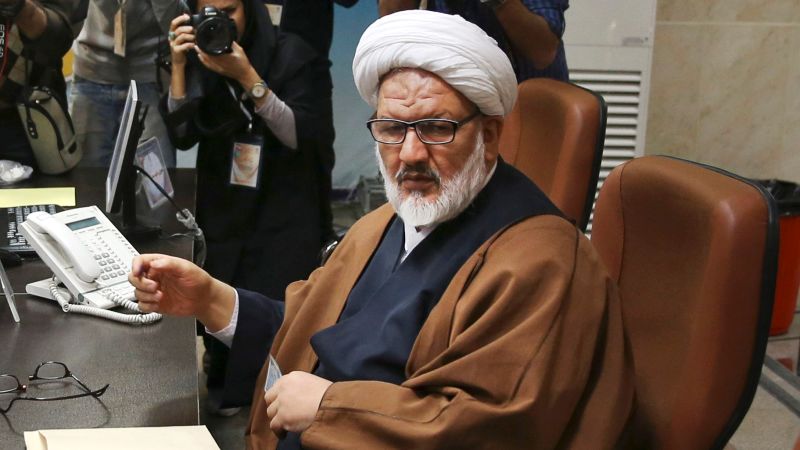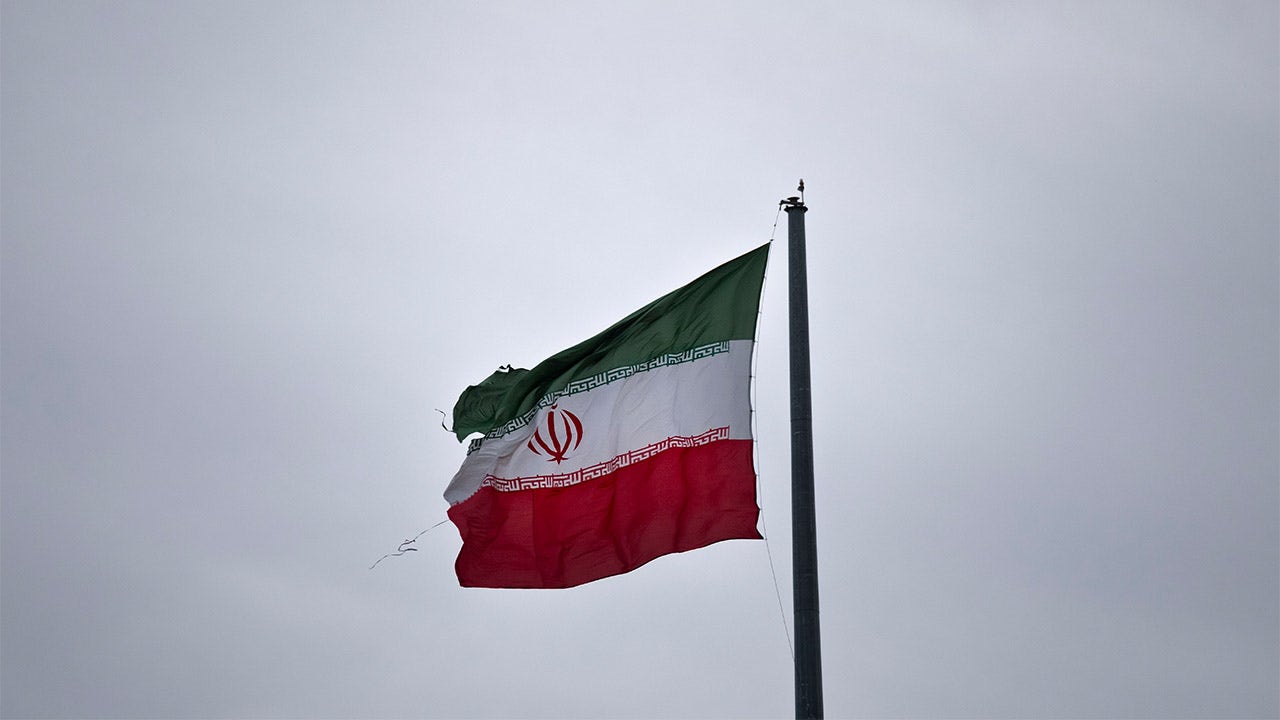Assassination of Judges Shakes Iran's Judiciary
Two prominent judges in Iran were shot dead in an unprecedented attack, raising concerns over the country's judicial system and political climate.
Subscribe to unlock this story
We really don't like cutting you off, but you've reached your monthly limit. At just $5/month, subscriptions are how we keep this project going. Start your free 7-day trial today!
Get StartedHave an account? Sign in
Overview
In a shocking attack in Tehran, two high-profile judges of Iran's Supreme Court, Mohammad Moghiseh and Ali Razini, were shot dead by an assailant who subsequently took his own life. Both judges had a history of harsh sentencing against dissidents and were implicated in high-stakes political trials, including involvement in the infamous 1988 executions of political prisoners. This premeditated assassination raises critical questions about the safety of judicial figures in Iran, especially amid heightened tensions due to the nation’s ongoing economic and political challenges.
Report issue

Read both sides in 5 minutes each day
Analysis
Analysis unavailable for this viewpoint.
Articles (5)
Center (3)
History
- This story does not have any previous versions.



